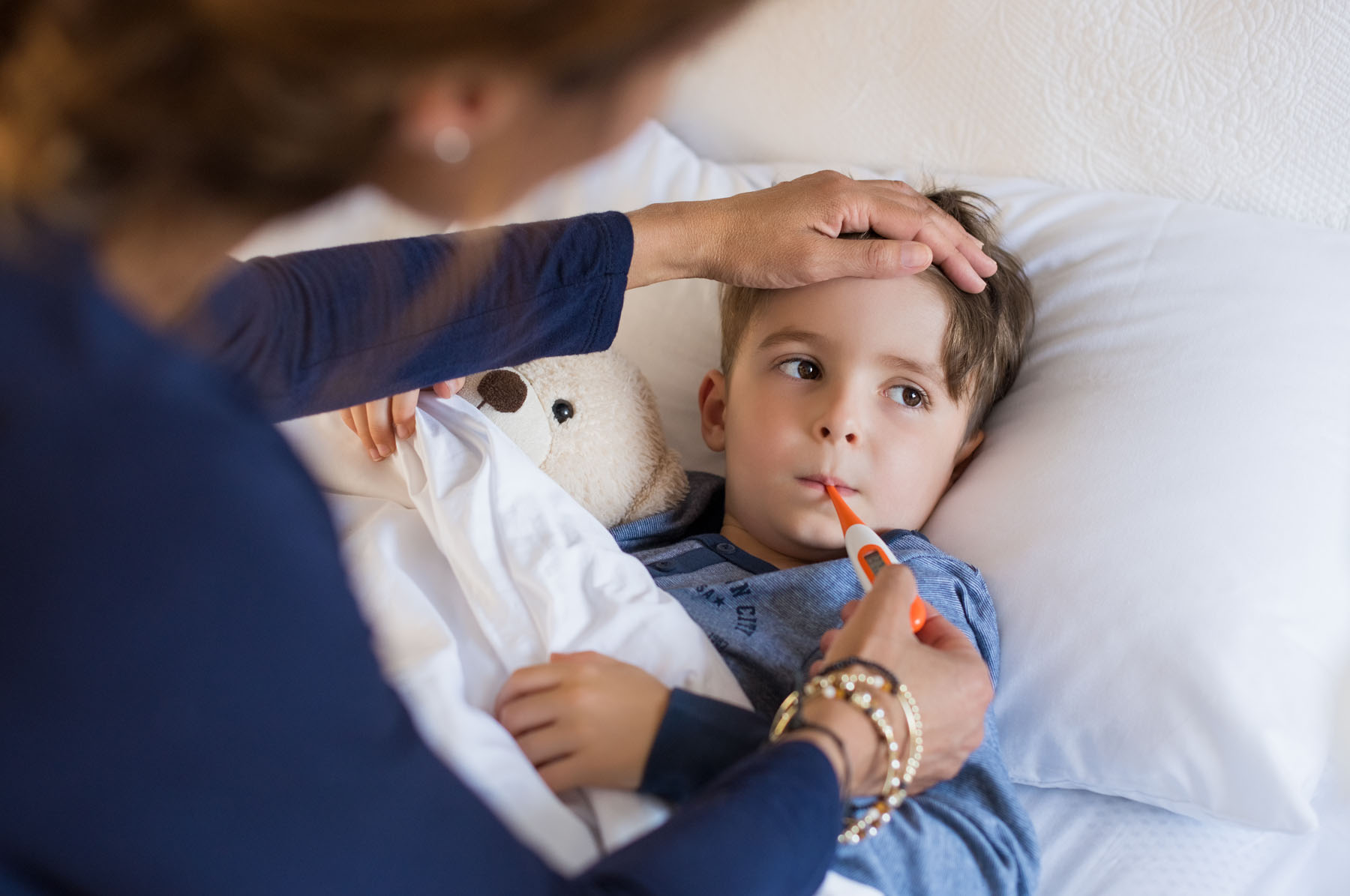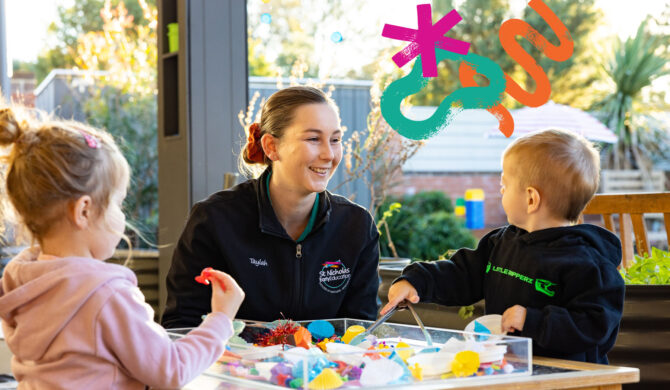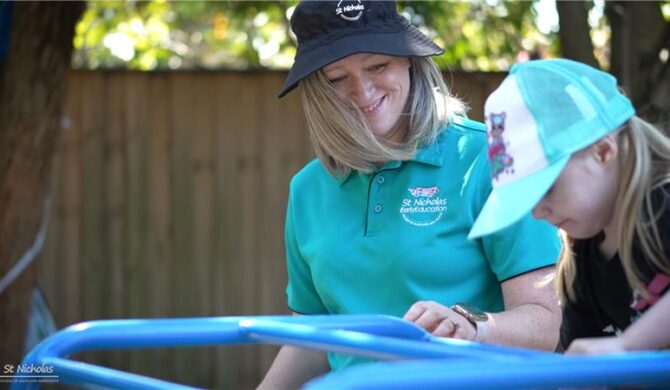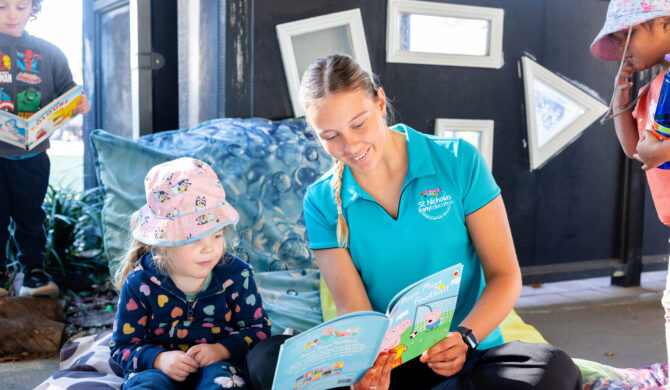At St Nicholas Early Education, we prioritise the health and safety of all our children and staff, which is why we’ve put together some information to help you decide when it might be best to keep your child at home.
Understanding the signs
The first step is to understand the signs that indicate your child should stay home. Here are some common symptoms and conditions that require a day off (or more) to ensure recovery and prevent spreading illness:
Fever: If your child has a fever of 38°C or higher, it’s a clear sign that their body is fighting an infection. Children should be fever-free before returning to care.
Vomiting and diarrhoea: These symptoms can be signs of an infection that is easily transmitted to others. Keep your child home until the symptoms have stopped.
Rashes: Unexplained or contagious rashes should be evaluated by a doctor. Children can return to care once they are declared non-contagious or when the rash has subsided.
Eye infections: Conditions like conjunctivitis (pink eye) are highly contagious. Children should stay home until symptoms have resolved, as advised by a healthcare professional.
Severe cough and cold symptoms: If your child has significant discomfort from coughing or severe nasal congestion that impedes their ability to participate in activities, they should remain at home.
Why it’s important
Keeping your child home when they are sick is crucial for several reasons:
Health of your child: Rest is key to recovery. Staying home allows your child to rest adequately and recover faster.
Protection of other children: Many illnesses can spread through close contact, airborne particles, or shared surfaces. Keeping sick children at home helps protect other children from catching the same illness.
Staff health: It’s also about protecting the health of our staff who are exposed to every child in the centre.
What can you do?
Here are some steps you can take when your child is sick:
Consult your doctor: If you are unsure whether your child should stay home, a quick call to your doctor can help guide your decision based on symptoms and potential contagiousness.
Notify the centre: Inform the centre about your child’s illness and symptoms so they can notify other parents if a contagious illness is identified.
Keep them comfortable: Make sure your child is comfortable and has everything they need to get better, such as plenty of fluids, rest, and a quiet environment.














